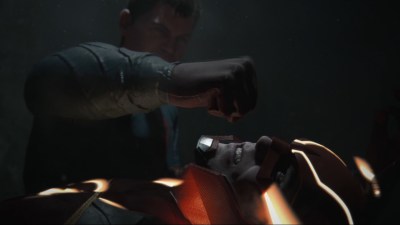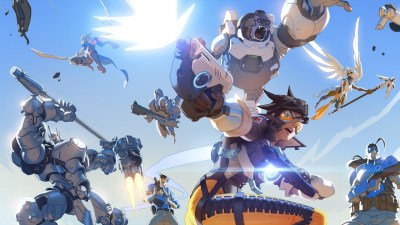One of my first video game memories is of playing Goof Troop on the Super Nintendo with my Dad. The game consisted of defeating enemies and solving simple puzzles to progress to the next stage (if you haven’t played it, check it out. The game holds up great, and the music is outstanding).
When we first got the game, my Dad would hold my hand throughout the puzzles, taking the lead and letting me stumble around on my own until I figured them out. Over time, I mastered the puzzles and would even grow frustrated with him when he wasn’t finishing them fast enough. A wonderful thing was happening. I was learning basic problem-solving skills such as timing and pattern recognition.
Over the years I’ve played a ton of video games, and I’ve also learned a ton in the process. I think videogames often get a bad reputation as being mindless entertainment because the current poster children of the industry are games like Call of Duty and Grand Theft Auto. That’s not to say that you can’t learn things from these games as well - such as wartime strategy or how to not piss-off a mafia kingpin - but they don’t appear to teach any useful skills, at least on the surface.
But, then again, many games don’t. I didn’t realize myself how much I learned from games until somebody asked me if I thought they had a positive impact on my life, and I thought, “of course”. Videogames do have a lot to teach us, and you don’t need to be playing Brain Age or Professor Layton to learn a valuable skill.
Take any good RPG for instance. By grinding to grow stronger you learn the benefit of hard work to advance in life. You learn money management the first time you blow all your gold on that powerful new weapon, only to realize that you’ve got nothing left over for potions and the like. You learn that being thorough and not just rushing through the game has its benefits, and you learn how to act strategically so that you can win in combat.
The Legend of Zelda series teaches us in more straightforward ways. We learn to recognize enemy patterns, and we learn to contextualize the items at our disposal. Our brains compartmentalize the weapons in our inventory as helping us accomplish different tasks. Bombs blow up cracked sections of walls, and the hookshot helps us reach distant places. The wonderful thing is that every now and then, a game mechanic comes along that completely throws our brains for a loop and has us thinking in totally new ways, such as being able to merge with walls in A Link Between Worlds.
On a more profound note, games like Infamous and Fable force players to make difficult moral choices that affect their game experience. For example, choosing to spare a bandit’s life may help you later in the game, as he rewards your mercy by selling you rare items. While the outcome occurs in a fantasy world, the lesson it teaches us about the consequences of our actions is very real.
Perhaps the best part about videogames as a teaching tool is that we get immediate feedback on our performance, which isn’t always true for other methods of learning. In a classroom, you might toil away all semester and not realize that you weren’t getting it until you see your final exam grade. With videogames, you have to learn or you won’t survive. You either get a game over, or you won’t be able to progress to the next level. Everyone probably has a memory of that one game that was just too hard for them when they were younger, and how rewarding it was when you finally beat it (mine was Street Fighter II). If you can’t beat the game, you know you need to improve your skills. Learning the patterns in the game is the only way to conquer it. Once again, we learn the value of hard work, determination and a little button mashing. I know the palms of my hand saw a lot of pain from the N64 joystick after defeating a particularly difficult opponent in Mario Party.
No matter the genre or style, every game has something to teach us, even if it’s just an improved sense of timing and coordination. While we play, our brains are constantly growing and becoming stronger. As developers are able to make games with better graphics and processing, so too are games able to challenge us on new levels.
Take 2012’s excellent indie title Journey, for example, which was not only able to guide players with its vibrant visual style, but also leave them with a profound sense of helplessness at the game’s conclusion. That game is so great because there are no tutorials or guides. The developers put the player in the driver’s seat and said, “you want to beat the game, you have to figure it out.” I’ve always found that the best learning takes place when you arrive at the answer on your own. A game like Journey wasn’t that daunting to me because I’d been playing videogames for years, and had become that much smarter. Every game is different, but even the drastically different ones contain common elements. The more games you play, the smarter you become, and the easier it is to recognize these elements.
As the tools for game creation become easier to obtain, many brilliant games will have a chance to be played. That’s what makes me so excited for the future. More developers. More games. More teachers. So much more to learn.



